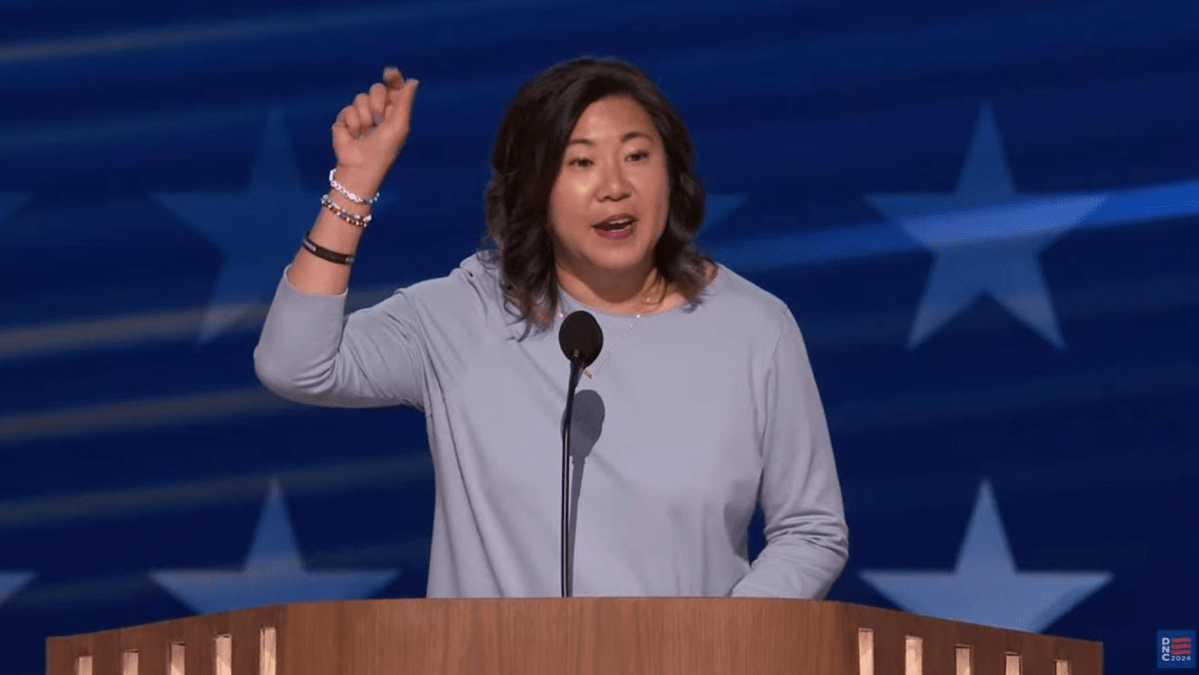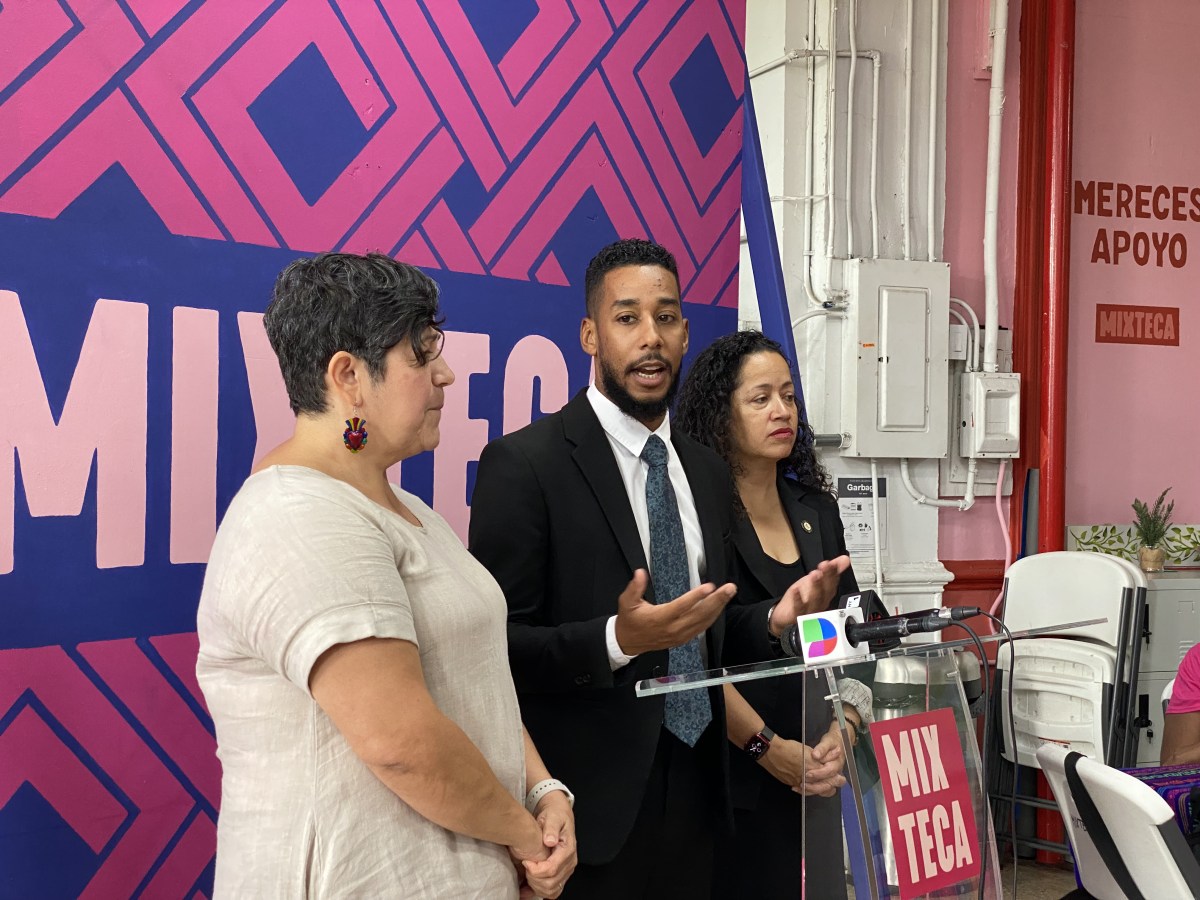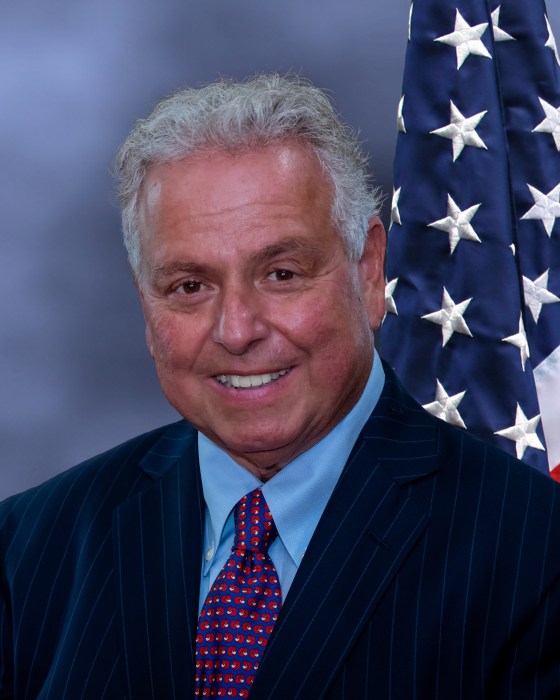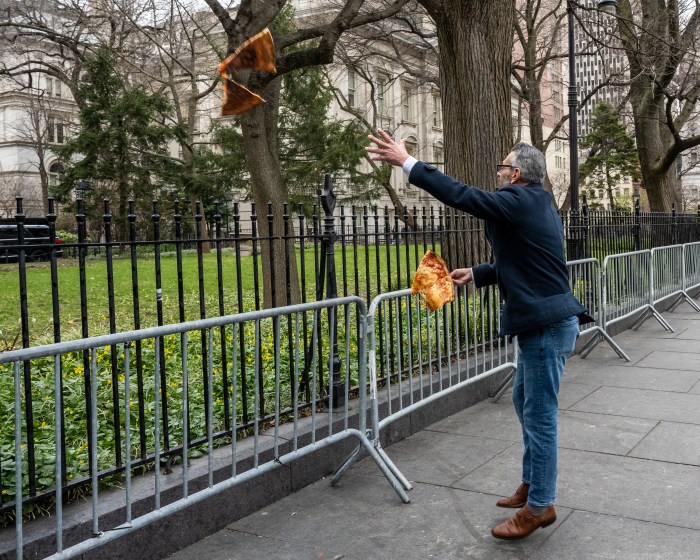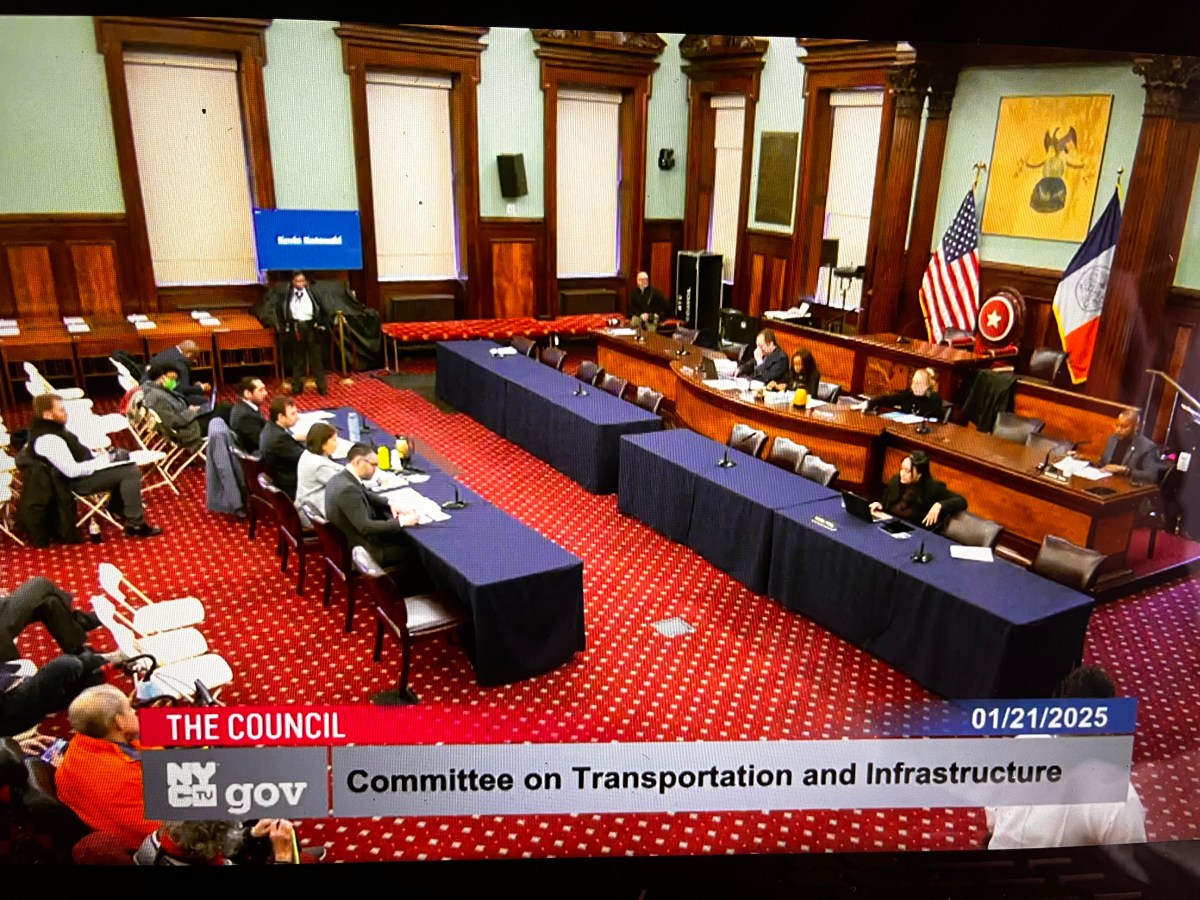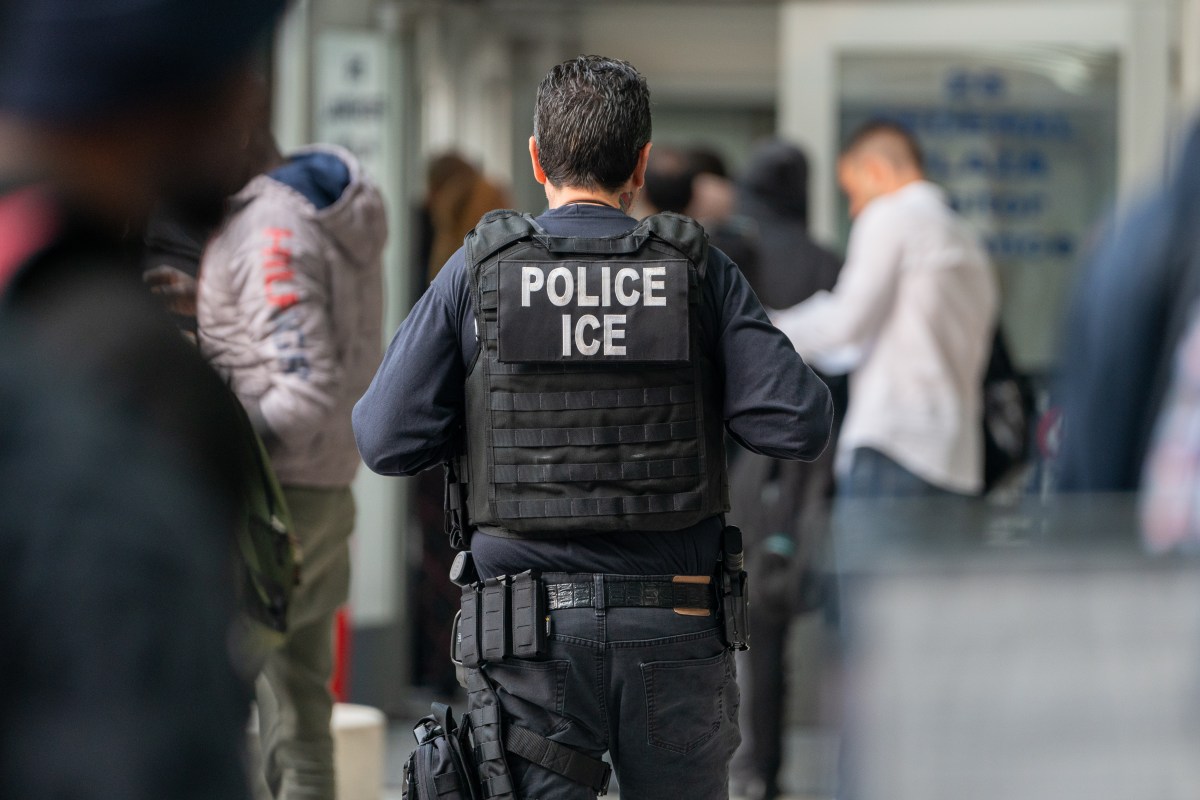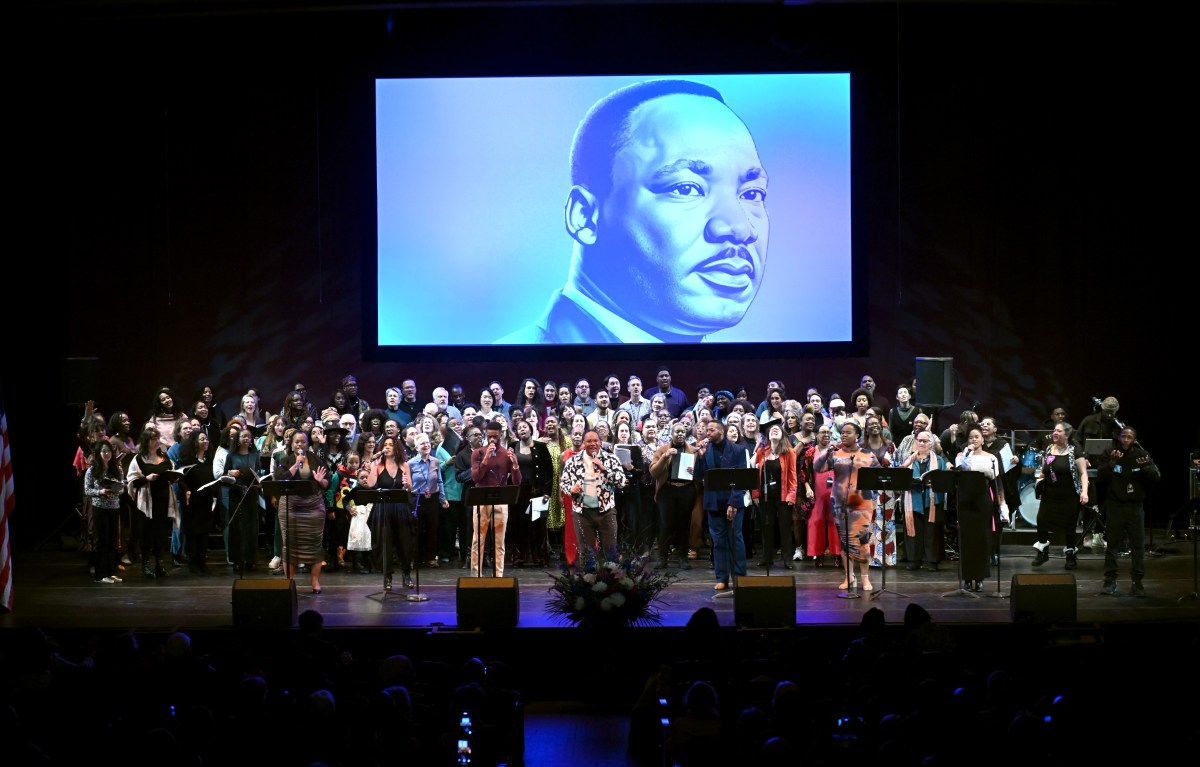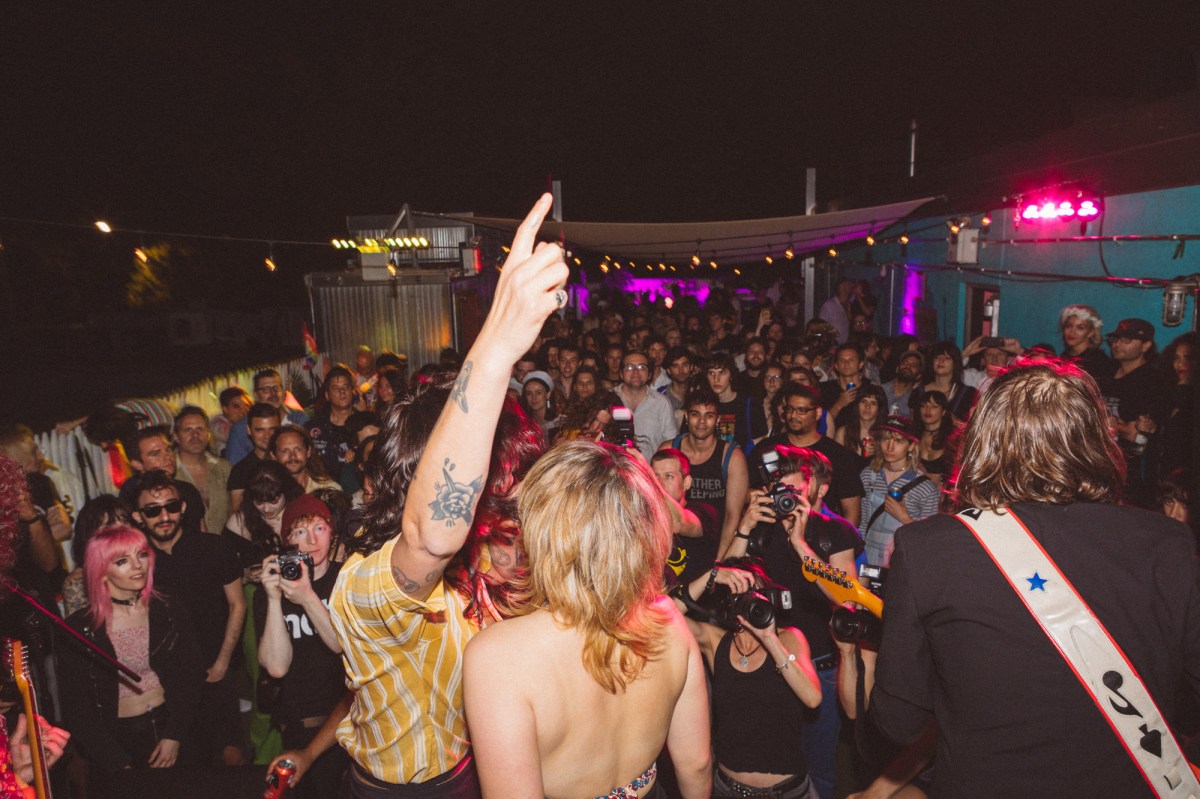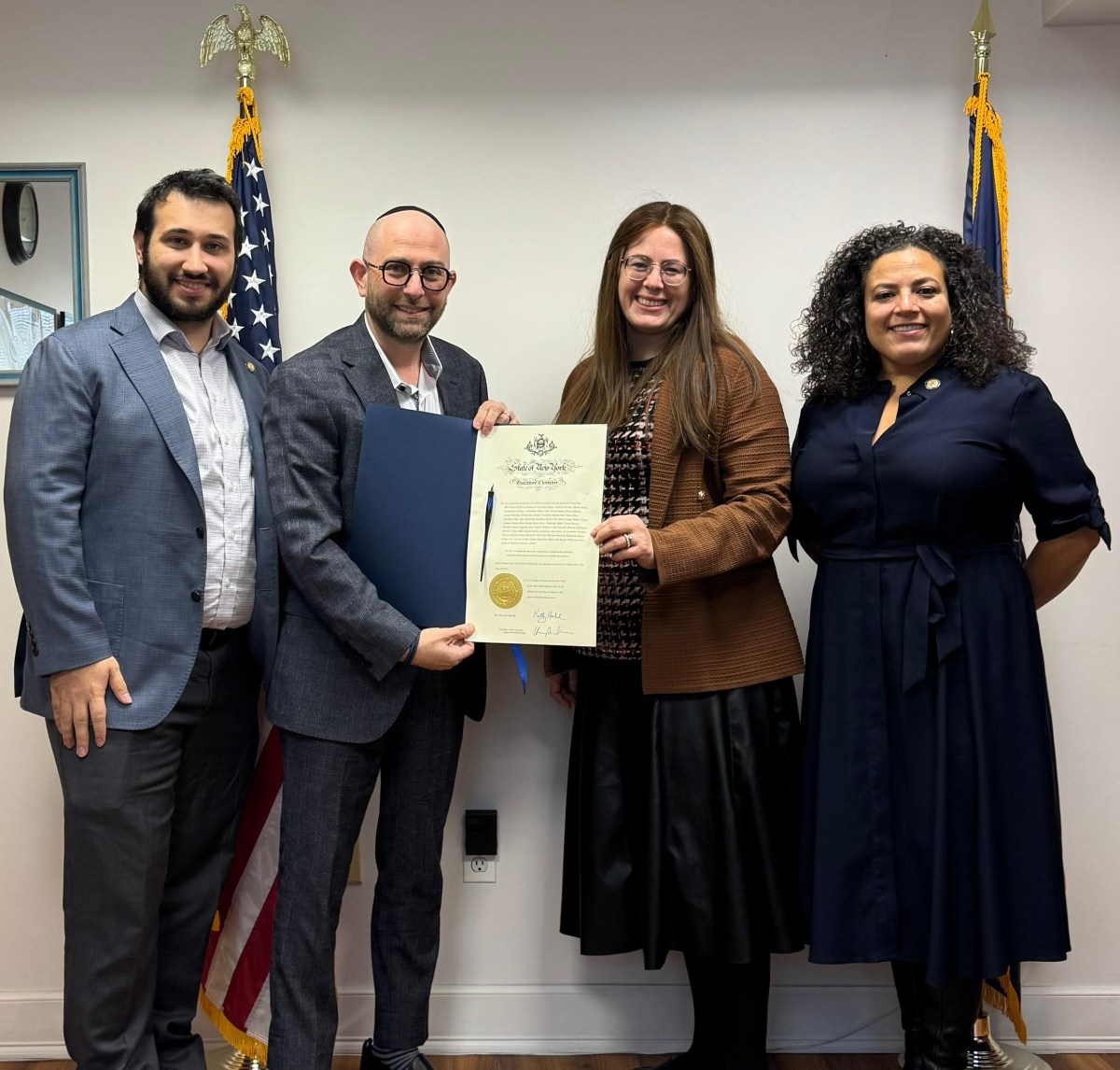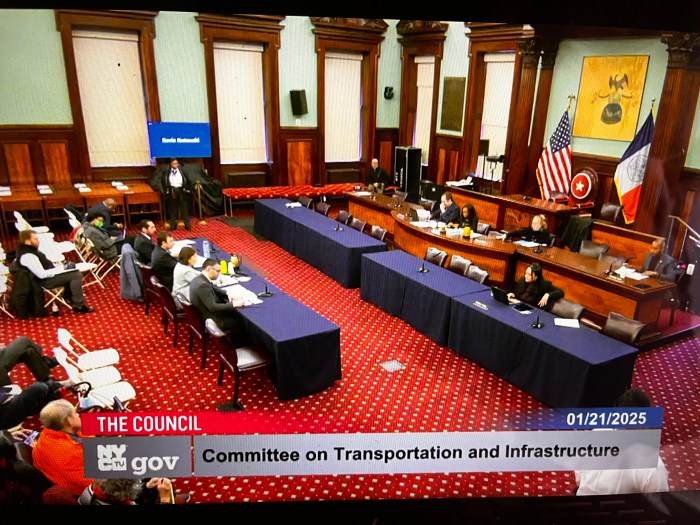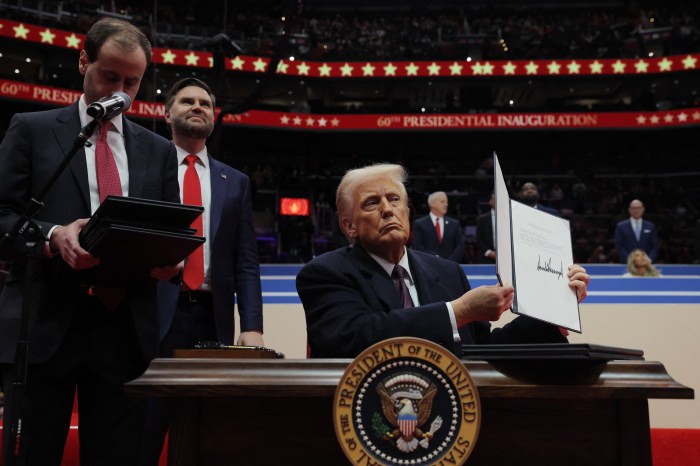Too many Americans seem to be okay with mistreating people based on where they come from.
Approximately one in three Americans agree that undocumented immigrants are “poisoning the blood of our country,” according to the nonpartisan Public Religion Research Institute (PRRI). Alarmingly, the same annual survey found that 47% of respondents are okay with setting up militarized encampments for undocumented immigrants.
While there has always been a string of xenophobic and nativist rhetoric in American politics, this sentiment is a stark shift from the idea of America as a land of opportunity and refuge. It also raises an ironic question: who really believes in the American dream and the promise of this nation?
Is it the immigrants risking everything to come here, or is it the Americans disparaging those who seek what others have sought out for generations?
In the past, immigrants arrived here believing they could find a better life in a country that celebrated freedom, fairness and equality. They came because they believed in what America stood for, even when it fell short. After all, there was always an aspiration to do better for the next generation. But by 2024, that message has faded.
Fueled by politicians and purveyors of “angertainment,” anti-immigrant rhetoric continues to gain alarming traction. When nearly one-third of the country calls for mass deportations and is comfortable referring to immigrants as “poison,” it represents more than just disagreement with immigration policy — it indicates a fracture in the country’s identity. At Trump’s recent Madison Square Garden rally, he doubled down on anti-immigration rhetoric similar to that at his Austin rally, where he described the United States as a ‘garbage can for the world,’ echoing a view that frames newcomers as a menace rather than a source of strength.
This rhetoric is more than words. It carries real consequences for communities and policies, deepening the divides in our society. Just this year, states have passed legislation targeting immigrant families, criminalizing their existence, and restricting their access to fundamental services. They’re being threatened with separation from their families, regardless of their immigration status, documented or not. Given that a significant portion of the population seems to support extreme measures, including mass deportation via the Alien Enemies Act of 1798, what’s at risk is not only the safety of immigrant communities but also America itself.
In fact, many immigrants arrive with more faith in American ideals than those who would push them out. Despite the hardships and risks they face to get here, they believe in the promise of America — often more so than those who want to keep them out. These newcomers aren’t ‘poisoning’ anything; they are enriching the country’s fabric in ways that are vital to its identity and future. They start businesses, pay taxes, work in vital industries and serve in our military to defend fellow Americans.
Immigrant communities have always been a source of strength for the country. Everyone came from somewhere else, sharing their hope and resilience with each other, while enriching our country. Instead of recognizing these generational contributions, it seems many Americans have fallen for Trump’s false claims, fear-mongering and scarcity mindset. Doing so not only undermines the strong immigrant communities that sustain our cities and towns but also betrays the very values we claim to share and embody. We must truly begin to ask who is upholding our values when immigrants seem to believe in America’s promise more than those who would deny them.
The billions of dollars in taxes immigrants pay, their community’s entrepreneurship, and labor contributions in crucial sectors are undeniable, particularly in times of crisis like we just experienced during the pandemic. Whether Donald Trump or Kamala Harris declares victory after Nov. 5, this ideological divide on immigration will remain a defining issue. The hostility toward immigrants doesn’t just harm those who are targets. It erodes our ability to unite as a nation. It feeds fears and misconceptions that ultimately weaken our communities. It makes enemies out of each other.
Rejecting immigrants undercuts our nation’s future, stifling its growth and vitality. A country that turns inward and fears outsiders limits itself. If we look at history, every wave of newcomers has brought new ideas, energy and dynamism. The diversity of views and experiences is what allows us to innovate and grow. Without immigrants, we limit that potential, and every American pays the price.
Instead, Americans must reflect on what kind of nation we want to be and recognize what has allowed us to succeed thus far. Immigration is not a threat; it’s an opportunity. We have to remind Americans as much. If they no longer believe in this vision of our country, we must recognize it as a crisis in and of itself.
We shouldn’t be asking who is or isn’t an American — that’s the wrong question. We should instead ask if we still deserve to call ourselves the land of opportunity. The answer might compel us to believe in the promise of America as much as immigrants do.
Murad Awawdeh is president of NYIC Action, the 501(c)4 sister organization of the New York Immigration Coalition.




